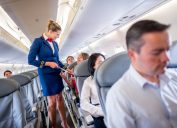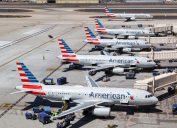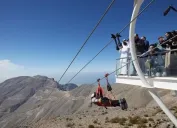United Says Prepare for Flight Cuts After "An Awfully Difficult Week"
The airline's CEO warns that changes could be coming after a recent major meltdown.
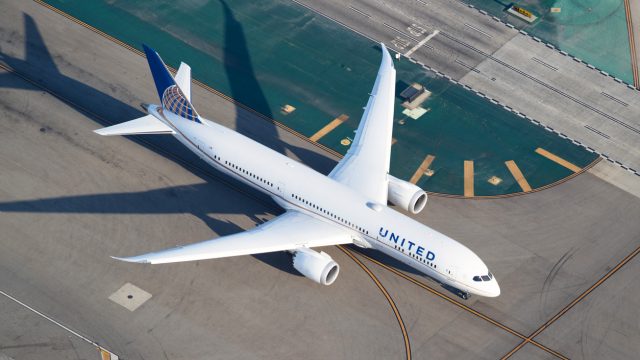
Airlines are typically willing to make major changes and investments to ensure they can get their customers where they need to go. This can often mean purchasing new aircraft for their fleet, expanding into new cities, or simply hiring more staff to help cover operations. But in some instances, airlines can also be forced to scale back departures to avoid potentially serious scheduling problems. And now, United says passengers might want to prepare for flight cuts after it suffered through "an awfully difficult week." Read on to see what the airline has in store.
READ THIS NEXT: TSA Is Making Another Major Change to Airport Security.
Weather delays and cancellations caused chaos for United Airlines last week.
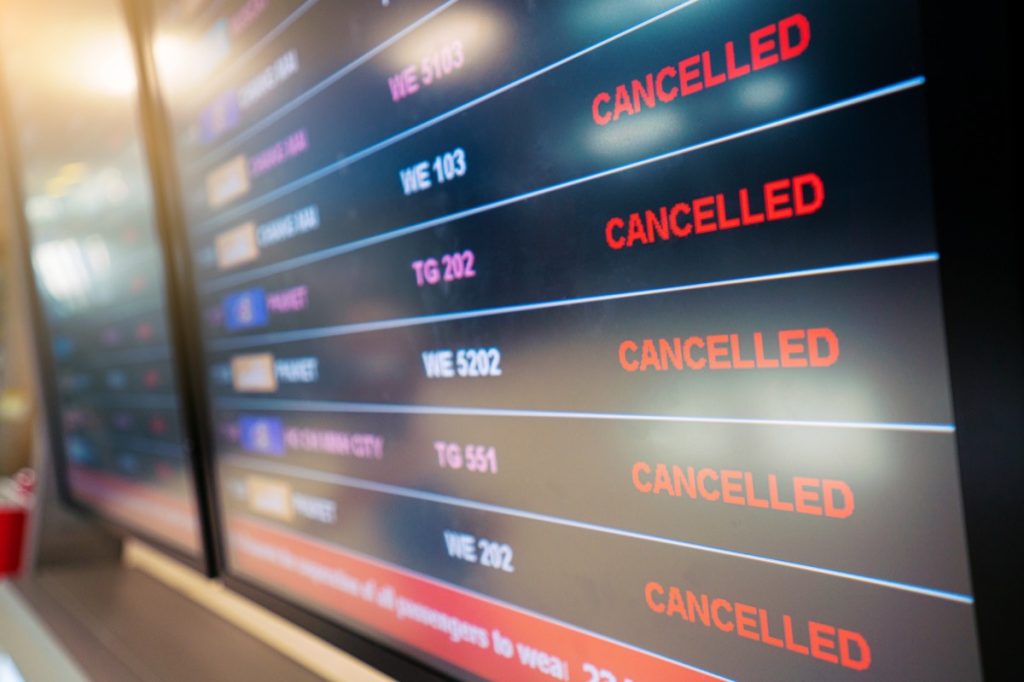
Extreme weather can complicate travel no matter how prepared an airline is. But last week, United suffered a particularly rough meltdown after a string of thunderstorms caused havoc along the East Coast during a busy holiday travel rush.
Lingering issues saw tens of thousands of flights canceled at major hubs, including New York's John F. Kennedy Airport and LaGuardia Airport, Chicago's O'Hare Airport, and New Jersey's Newark Liberty Airport. But United suffered particularly badly thanks to the number of flights grounded at its Newark hub, having canceled more flights than any other airline for five days in a row, according to the Associated Press.
In an email sent to staff on June 26, United CEO Scott Kirby initially took aim at officials for allowing an ongoing flight traffic controller staffing shortage to affect their schedule so much. "I'm… frustrated that the FAA frankly failed us this weekend," Kirby wrote, per CBS News. "As you know, the weather we saw in [Newark] is something that the FAA has historically been able to manage without a severe impact on our operation and customers."
The carrier is now responding by tailoring their schedule and likely cutting flights.
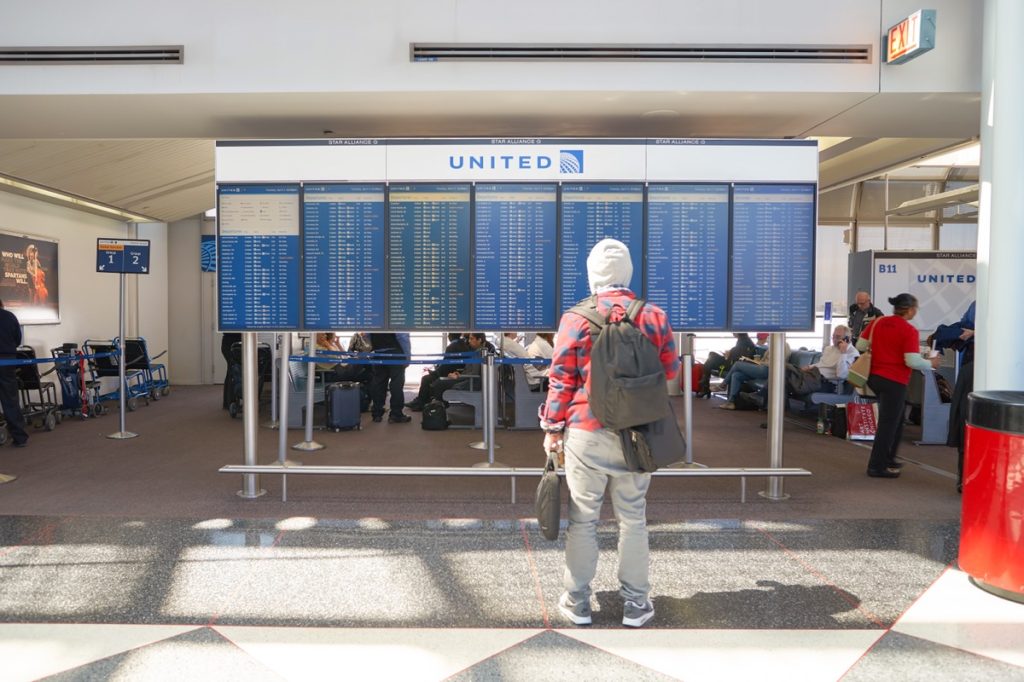
Now that operations have normalized, the company isn't simply brushing off the harrowing experience. The airline apologized and issued 30,000 frequent flyer miles to passengers who were affected earlier this week, CBS News reports.
But in another email sent to staff on July 1, Kirby said other changes were likely after what was "one of the most operationally challenging weeks" he's experienced in his entire career.
"Airlines can plan for things like hurricanes, sub-zero temperatures, and snowstorms, but United has never seen an extended limited operating environment like the one we saw this past week at Newark," Kirby said in the memo, which was obtained by travel news website One Mile at a Time.
Thanks to ongoing issues, this likely means cutting back on flights. "Airlines, including United, simply aren't designed to have their largest hub have its capacity severely limited for four straight days and still operate successfully," he explained. "We are going to have to further change/reduce our schedule to give ourselves even more spare gates and buffer—especially during thunderstorm season," Kirby said in his email to employees.
RELATED: For more up-to-date information, sign up for our daily newsletter.
The CEO identified a unique problem at United's Newark hub.
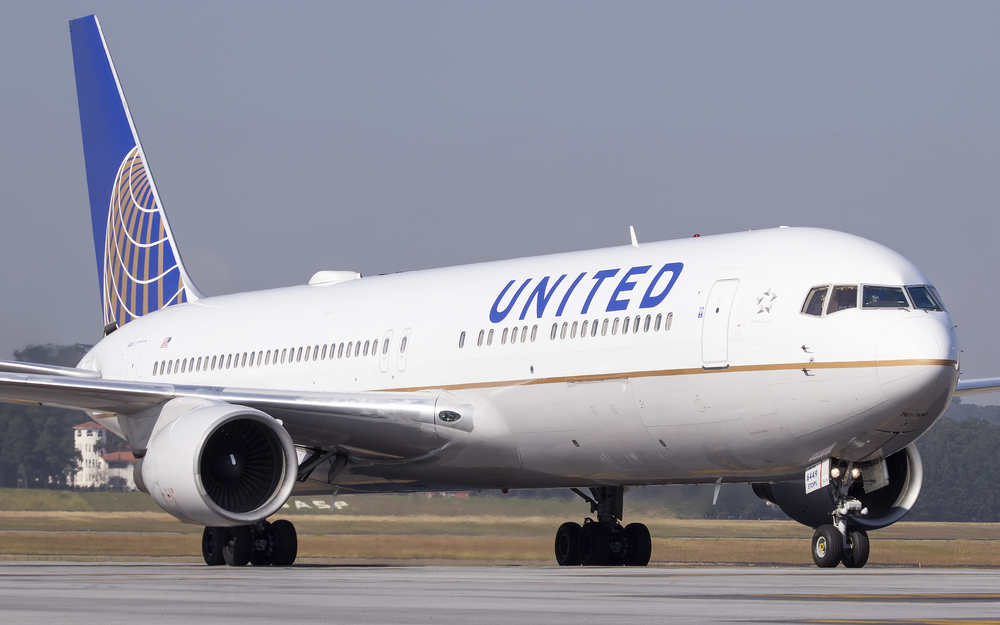
Kirby explained exactly how it was set up to fail so spectacularly in the wake of bad weather. While he called Newark "the best international gateway that exists anywhere in the country," he also said it was "the most operationally difficult airport in the country" due to heavy traffic and logistical issues.
But Kirby said he now realizes that United's flight schedule makes it particularly vulnerable to potential snarls compared to other airlines. Since many flights typically get canceled or delayed due to extreme weather to the west of New Jersey, arriving aircraft create a gridlock as grounded jets form long lines on the runway. This can trap planes waiting behind other aircraft and cause further delays—and is a particular problem for the carrier's Newark hub due to its limited number of gates and parking spaces.
"My general takeaway is while we work to control the things that are within our control, we also must do an even better job of planning against the things that are outside our control so that we can be in a position to recover more quickly," he told staff.
Kirby says he will work with officials to help solve the larger staffing issues.
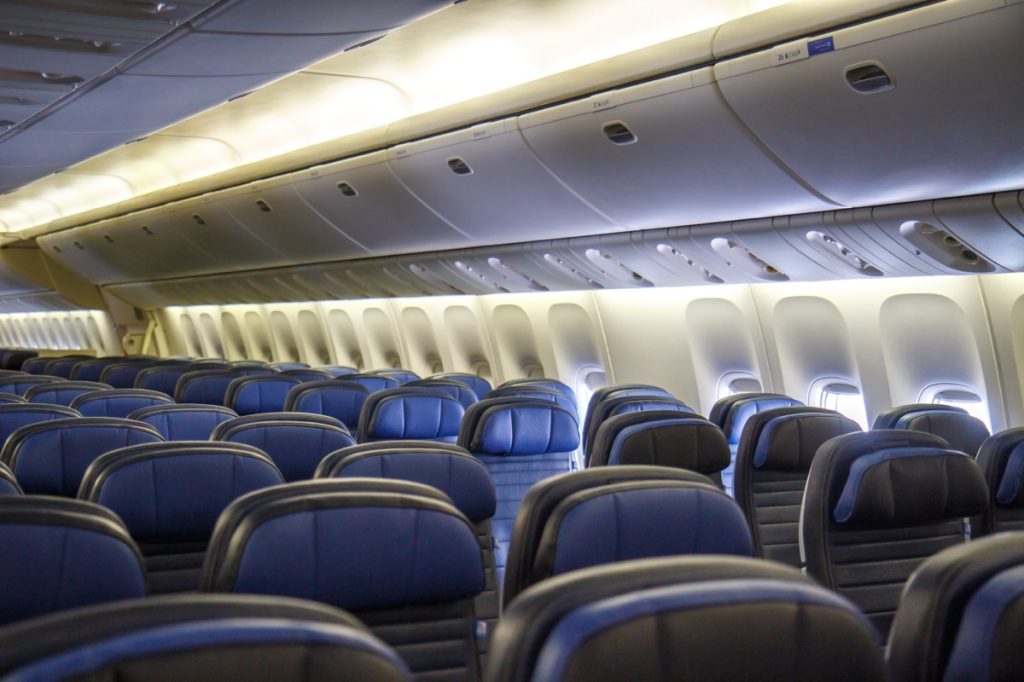
Kirby also made it a point to praise staff for their hard work in his email, thanking them for their "resilience, professionalism, and commitment to taking care of our customers, especially when times are tough." But he also laid out plans addressing the bigger picture issues affecting the entire travel industry.
"Partnership with the [Federal Aviation Administration] FAA is critical," he wrote. He plans to support the agency by continuing to lobby for legislation granting them "the right staffing, invests in infrastructure and technology modernization, and gives the FAA more certainty in investing so that they can accomplish long-term projects."
Kirby also explained he supports the FAA's push to move Newark's air traffic control base from the one it currently shares with New York's major airports to one based in Philadelphia.
Best Life reached out to United Airlines, who referred to Kirby's full email and provided no additional comment.
